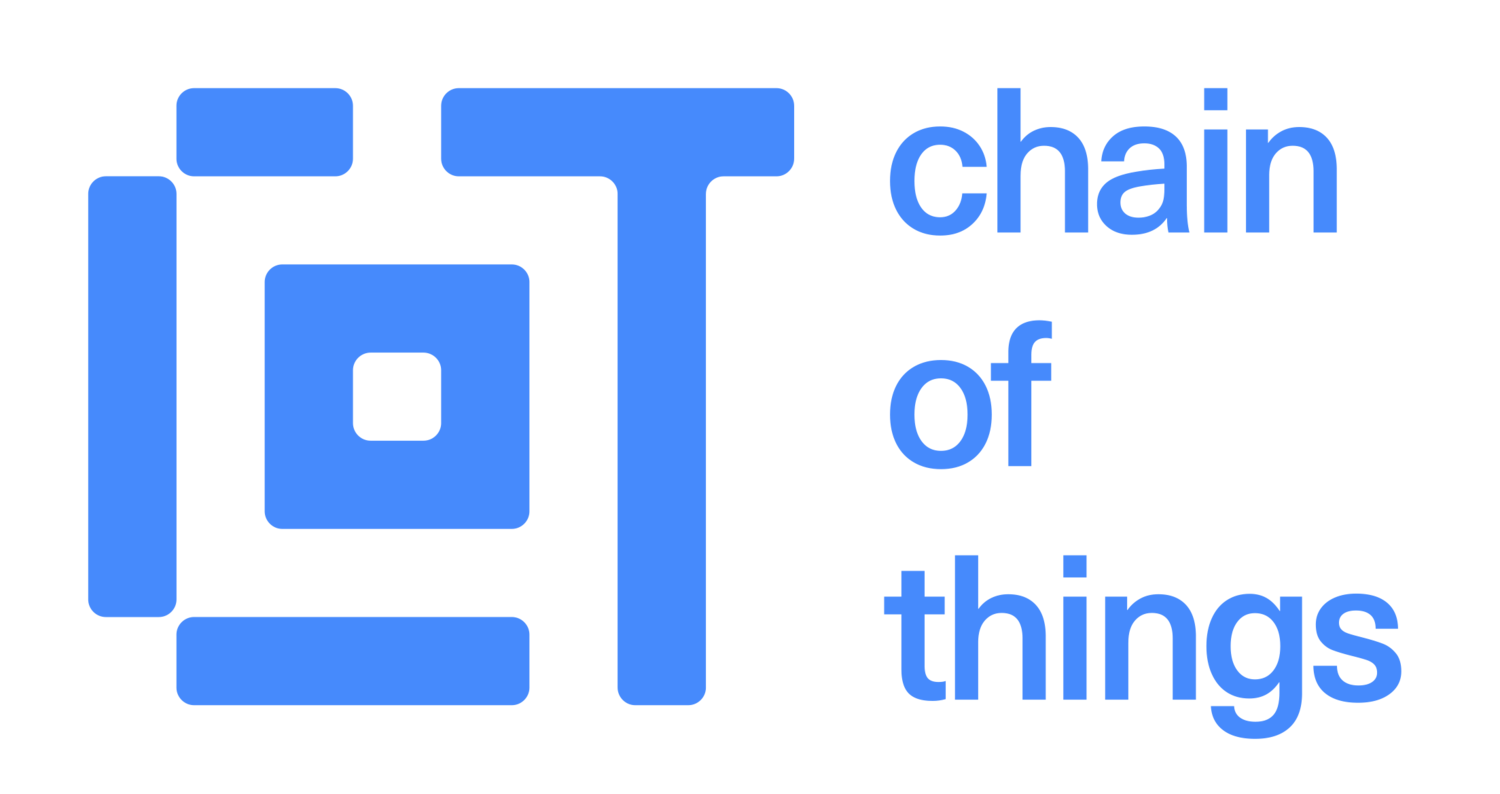R3 and 15 of its consortium member banks have successfully completed two prototypes that demonstrate how distributed ledger technology can address the key challenges facing the USD 45 billion global trade finance industry. Some of the participants included Barclays, BBVA, BNP Paribas, Commonwealth Bank of Australia, Danske Bank, ING Bank, Intesa Sanpaolo, Natixis, Nordea, Scotiabank, UBS, UniCredit, U.S. Bank and Wells Fargo.
Participating banks designed and utilized smart contracts on R3’s Corda distributed ledger platform to process accounts receivable purchase transactions, also known as invoice financing or factoring, and letter of credit transactions; both transactions styles widely used methods of trade financing in global financial markets.
Traditional processes in this area are mostly paper-based and prone to risk and fraud as well as being time consuming. It has come under further threat as buyers and sellers have become able to communicate more easily and access an abundance of information and data about each other, providing greater legal certainty.
R3’s prototypes validate distributed and shared ledger technology as a digital alternative for trade financing that is significantly faster, more reliable and cost-effective. Estimates suggest that such technology has the scope to reduce operational and compliance costs of paper-based trade financing by 10 to 15% and provide a platform for banks to grow revenues by as much as 15%.
Other benefits include a reduction in fraud risk, whereby a seller may submit the same AR invoice to a bank more than once, and removal of time-consuming reconciliation processes, which occur when a buyer’s payment information is not accompanied with the necessary data for banks to reconcile a payment with the relevant invoice.
The R3 consortium continues to grow with the recent inclusion of Thomson Reuters.
